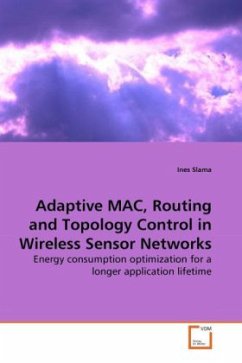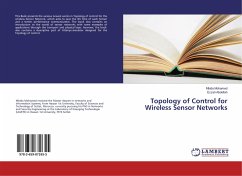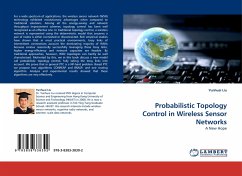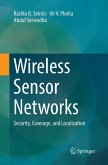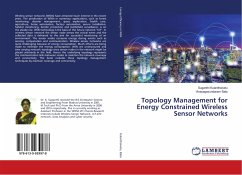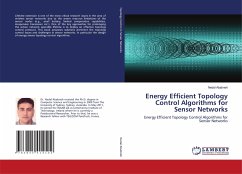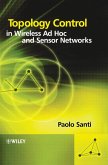The convergence of micro-electronic systems technology, digital electronics and wireless communications made viable the concept of sensor networks. The vision involves a large number of inexpensive nodes which consist of sensing, data processing and short range communicating components. Wireless Sensor Networks (WSN) have the potential to truly revolutionize the way we interact with our environment. Typically, sensors have lower computing power, communication bandwidth and smaller storage compared to traditional wireless devices. The most important characteristic of wireless sensor networks is that nodes are very constrained in energy resources. In most applications, replenishment of the batteries might be impossible. The network lifetime depends strongly on nodes' battery lifetime. This makes energy efficiency critical in WSNs. Exhaustive research has been conducted in the past few years about energy conserving protocols and algorithms at each network layer. In this thesis, we focus on the routing and medium access control (MAC) schemes as they are being identified as the most energy consuming features in WSNs.
Bitte wählen Sie Ihr Anliegen aus.
Rechnungen
Retourenschein anfordern
Bestellstatus
Storno

